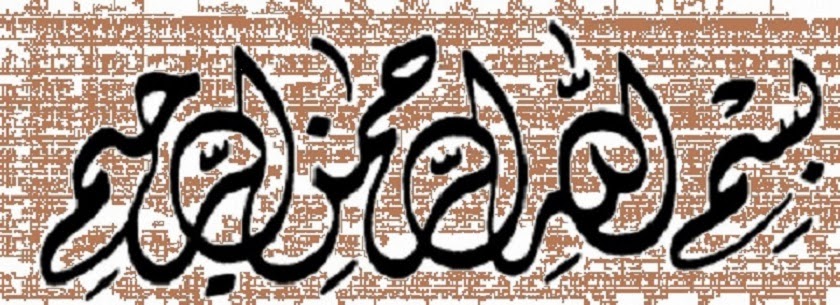Haafidh Ibn Rajab al-Hanbalee (d.795) [May Allaah have Mercy on him] says in his book Lataa'if al-Ma'aarif (Pg. 169-174)
It is narrated in Saheeh Muslim on the authority of Abee Ayyoob al-Ansaaree [May Allaah be Pleased with him] that the Prophet [Peace and Blessings of Allaah be Upon him] said, “Whoever fasts Ramadhaan and then follows them with six fasts of Shawwaal then it is as if he has fasted a lifetime.”
The scholars differed on acting upon this Hadeeth: said that it is Saheeh, others said it was the opinion of the companion Aboo Ayoob, this was the view Ibn ‘Uyaynah and others like Imaam Ahmad. Others said that the Isnaad is questionable however the majority of the scholars have acted upon this Hadeeth and have stated that it is recommended to fast these six days.
This is said to be the view of Ibn ‘Abbaas [May Allaah be Pleased with him], Taawoos, ash-Sha’bee, Maymoon bin Mahraan, Ibn Mubaarak, ash-Shaafi’ee, a second view of Imaam Ahmad and Ishaaq bin Raahooyah.
Those who rejected this Hadeeth include the likes of Hasan al-Basree, however perhaps he only denied acting on it believing that these six fasts were obligatory, rather they remained recommended.
Others disliked fasting these six days such as ath-Thawree, Aboo Haneefah, Aboo Yoosuf and they argued that this resembles the people of book, because their habit was to innovate an increased number in what Allaah has asked them to do. However, many of the Hanafee scholars that came after held the opinion that fasting these six days is permissible as there is gap between these six fasts and the fasts of Ramadhaan, which is the day of ‘Eid.
Mahdee disliked fasting these days but didn’t prevent others from doing them.
Maalik was also of the opinion that we shouldn’t fast these six days as he stated in his Muwatta. He stated, “I have not seen any from the people of knowledge doing this (i.e. fasting in Shawwal).”
However it can be said that these scholars disliked it on the basis of them pointing out that these fasts were not obligatory and making it is clear that it is recommended.
Those who recommended fasting these six days are also divided into three opinions:
Those who say that it must be the first six days after ‘Eid
This was the view of Imaam ash-Shaafi’ee and Ibn Mubaarak. They based on this on the Hadeeth of Aboo Hurayrah [May Allaah be Pleased with him] who said that the Prophet [Peace and Blessings of Allaah be Upon him] said, “Whoever fats six days after al-Fitr, consecutively, then it is as if he has fasted the whole year.”
This hadeeth was narrated by at-Tabaraanee and others but it is weak.
Those who say that it can be fasted at any time throughout the month and they don’t have to be consecutively
This is the view of Wakee’ and Imaam Ahmad
Those who say that the days after ‘Eid al-Fitr are the days of ‘Eid and that fasting these must be done around Ayyaam al-Beed
This is the view of Ma’mar and ‘Abdur-Razaaq.
It was also narrated from ‘Ataa that he disliked people fasting these fasts if they owed fasts from Ramadhaan. His opinion was that those who owed fasts must make up those fasts, have a break, and then resume recommended/optional fasts.
This view is odd and opposes the view of the majority of the scholars. The majority say that there doesn’t need to be a gap between fasts that he may owe and fasts that are recommended based on the Hadeeth of ‘Umraan bin Hussayn [May Allaah be Pleased with him] who said that the Prophet [Peace and Blessings of Allaah be Upon him] to a man, “If you did not fast then fast.”
It is also narrated from the Companions and the Tabi’een [May Allaah be Pleased with them all] that they would combine Sha’baan with Ramadhaan and that they didn’t break their fasts except on the days of ‘Eid (where it is not permissible for us to fast).
It is narrated that Ibn ‘Abbaas [May Allaah be Pleased with him] said, “Fasting after Ramadhaan is like an animal running after its prey.”
